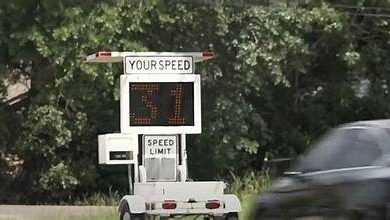
Facing rejection for homeowners insurance can be a disheartening experience. However, it’s essential to understand that insurance companies operate under strict guidelines and criteria. There are various reasons why an application might be denied, ranging from poor credit history to high-risk properties.
Assessing the Reasons for Rejection
1. Credit History Evaluation: One of the primary factors insurance companies consider is your credit history. A poor credit score can raise red flags for insurers, as it may indicate a higher likelihood of missed payments or financial instability.
2. Property Risk Assessment: Insurers assess the risk associated with the property you’re trying to insure. Factors such as location, age, condition, and previous insurance claims can significantly impact their decision.
3. Previous Claims: If the property has a history of frequent insurance claims or significant damages, insurers may be hesitant to provide coverage.
4. High-Risk Features: Certain property features, such as a swimming pool, trampoline, or outdated electrical systems, can increase the risk of accidents or damage, leading to insurance rejections.
Steps to Take After Rejection
1. Review Your Rejection Letter
Upon receiving a rejection, carefully review the letter provided by the insurance company. It should outline the specific reasons for the denial, allowing you to address any issues.
2. Addressing Credit Concerns
If your credit history played a role in the rejection, take steps to improve your credit score. This may involve paying off debts, disputing errors on your credit report, and maintaining timely payments.
3. Property Mitigation
Consider making improvements to your property to reduce risk factors. This could include installing security systems, updating plumbing or electrical systems, and removing hazardous features like old trees or damaged structures.
4. Seeking Alternative Options
If traditional insurance companies have rejected your application, explore alternative options such as specialty insurers, surplus line carriers, or state-sponsored insurance programs. These providers may offer coverage tailored to high-risk properties or individuals with unique circumstances.
5. Consulting with an Insurance Agent
An experienced insurance agent can provide valuable guidance and assistance in navigating the insurance market. They can help you understand your options, negotiate with insurers, and find policies that meet your needs.
6. Documenting Your Efforts
Keep thorough records of any steps you take to address the reasons for rejection. This documentation can demonstrate to insurers your commitment to mitigating risks and improving eligibility for coverage.
Conclusion
While being rejected for homeowners insurance can be discouraging, it’s important to approach the situation proactively and systematically. By understanding the reasons for rejection and taking appropriate measures to address them, you can improve your chances of securing coverage for your property.




